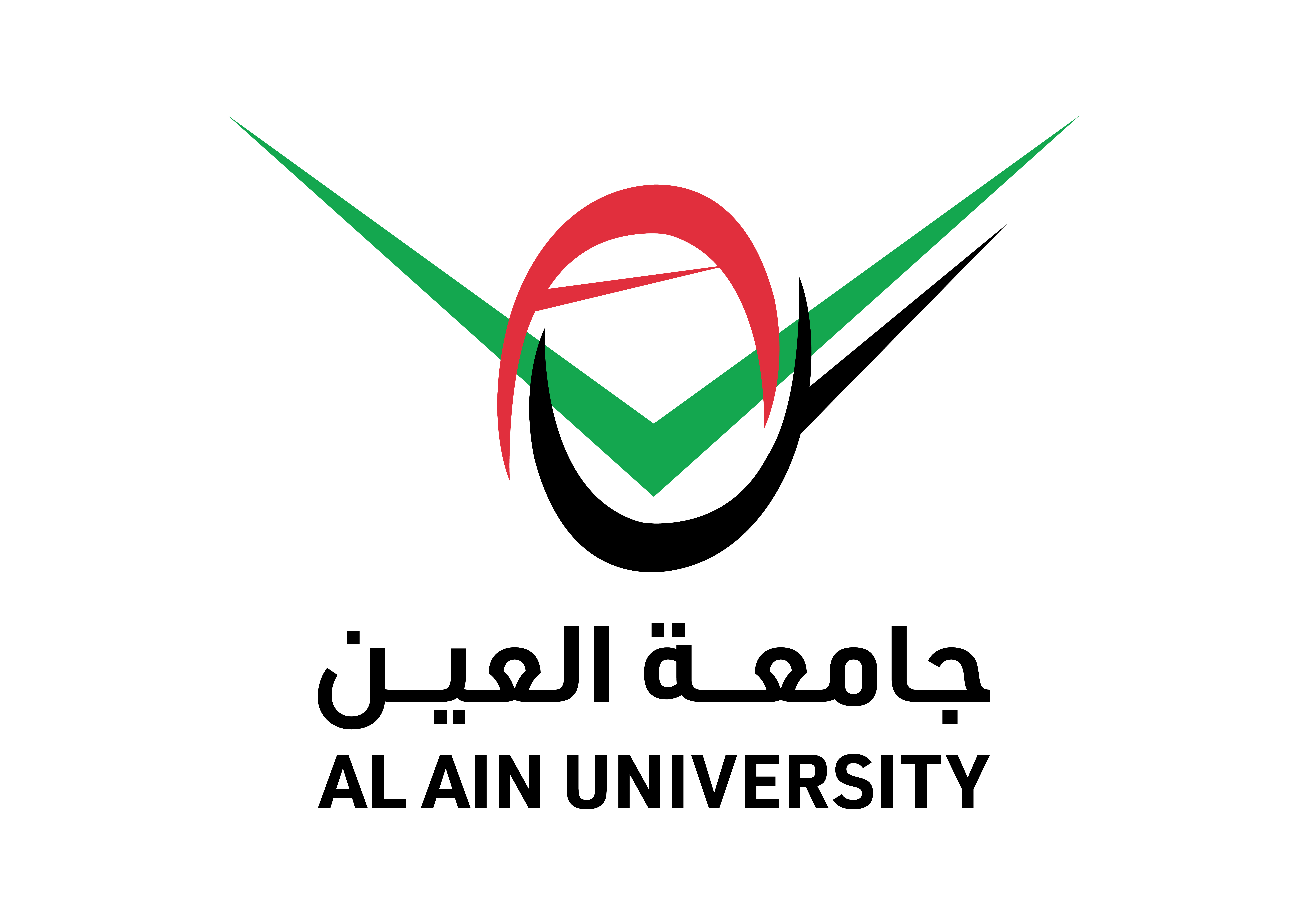Anti-corruption mechanisms: a study in the light of international law and national regulations
Date
2022Item Type
ArticleAbstract
Corruption is a constant dilemma that challenges societies and manifests itself differently in every state and civilization. This phenomenon has disastrous consequences on the economy and society. After clarifying the different approaches to corruption, this paper sheds light on the types of corruption and its causes. Sources of corruption can lie in the weakness of the rule of law, judiciary, internal control system, and low wages (Sumpf, Araji, & Crompton, 2016). This paper also examines important anti-corruption instruments such as international and regional organizations, and governmental and non-governmental bodies. It intends to review the state of corruption at the national level and how Jordan and Iraq tackled corruption by analyzing the data of the reports published by the transparency organization and the local authorities: the Jordanian Integrity and Anti-Corruption Commission and the Iraqi Federal Commission of Integrity. The aim is to show what these nations have done on a domestic level to fulfill the international requirement to reduce corruption. This study found that most anti-corruption laws are laws to establish relevant bodies and departments, but they are not special laws to combat corruption crimes. Moreover, although Iraq and Jordan joined international and regional conventions to combat corruption, they have not been fully successful in curbing it. The main recommendations based on these findings are to increase the role of international and local monitoring agencies, enforce written laws, and enhance cooperation between agencies. Arab countries must establish clear public policies and strategies for combating corruption.
Author
Barafi, Jamal
Alkrisheh, Mohammad Amin
Al-Obeidi, Ali Hadi
Alsaadi, Saad
Mahameed, Waleed Fuad

